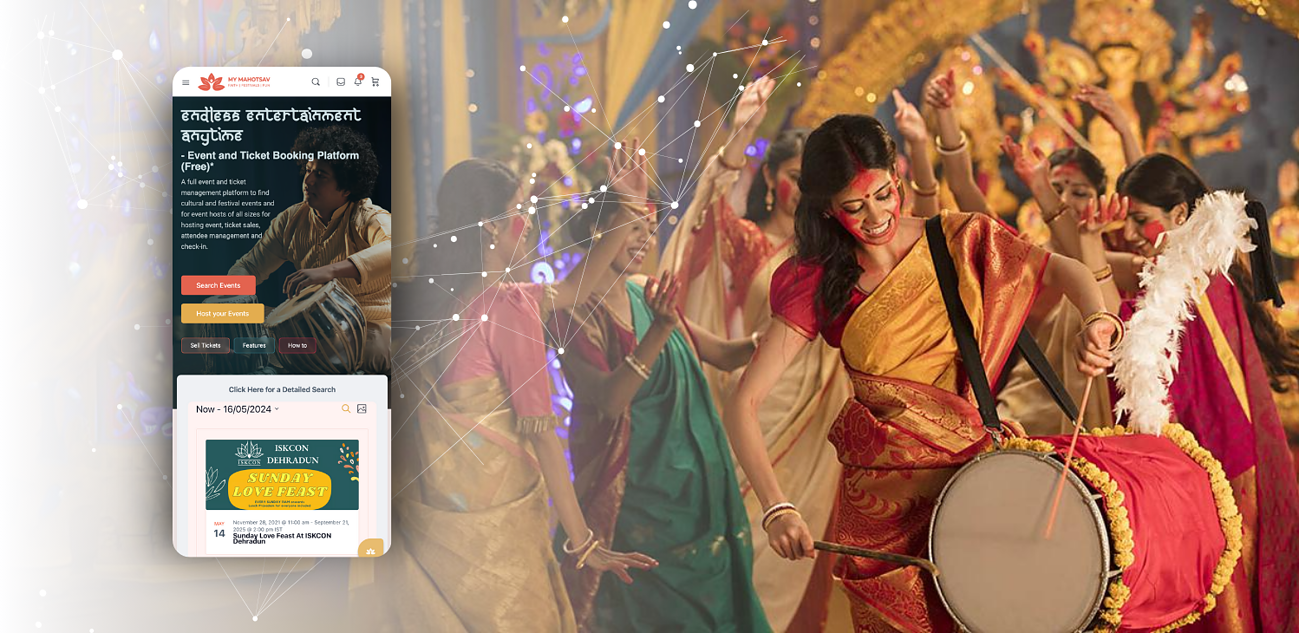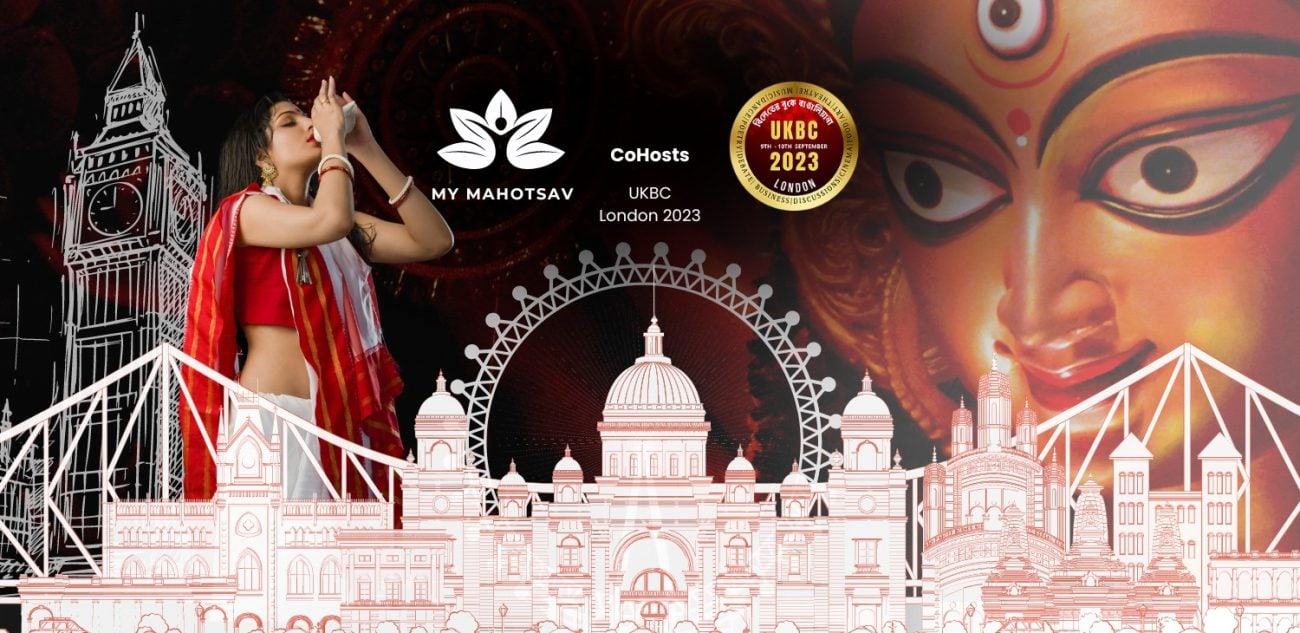
Building Community Through Events
In today’s increasingly digital and fast-paced world, the power of community events to foster meaningful in-person connections and bring people together cannot be overstated. As we spend more time interacting online and less time engaging directly with those around us, events provide a vital antidote to social isolation and disconnection. By creating shared experiences and spaces for people to come together, community events strengthen social bonds and promote a sense of unity and belonging within local neighbourhoods and the broader society.
Whether it’s a cultural festival, charity fundraiser, neighbourhood block party or local fair, community events encourage residents to get out from behind their screens and connect face-to-face. They provide opportunities to meet neighbors, share stories and interests, collaborate, and form the relationships and support networks that are essential for individual and community well-being. At their best, local events celebrate diversity, promote civic engagement, and allow community members to feel a sense of pride, investment and agency in shaping the place they call home.
As our world grows increasingly fragmented and polarized, the role of community events in bridging divides and bringing people together across differences only becomes more crucial. Their power to unite residents, inspire participation and collective action, and enrich the social fabric of our towns and cities cannot be underestimated.
Fostering Social Connections
Community events provide the perfect platform for fostering social connections among attendees. Whether it’s a cultural festival, charity fundraiser, or neighborhood block party, these gatherings allow people to strike up conversations with strangers, interact with acquaintances, and forge new friendships.
Something as simple as waiting in line for food or activities can spark spontaneous interactions and bonding. Attendees find they have shared interests, experiences, or backgrounds that help break the ice. Many discover commonalities with those outside their existing social circles and establish new connections.
Events also facilitate networking opportunities. People exchange contact information and continue conversations after the event ends. These initial interactions blossom into lasting relationships and expanded social networks. Individuals gain exposure to new perspectives and worldviews by befriending people from different walks of life.
The informal, festive atmosphere of community events is ideal for introverts or shy individuals looking to expand their social circles. The lively ambience and structured activities make it easier to mingle and engage. People feel comfortable approaching others when surrounded by the positive energy of the crowd.
In today’s increasingly digital world, the value of face-to-face social interaction cannot be overstated. Community events provide that critical venue for forging authentic human connections. They help build the strong social fabric that supports individuals and enables communities to thrive.
Celebrating Diversity
Community events highlight the diversity of cultures, traditions, and perspectives that make our communities vibrant. These gatherings provide opportunities for people from all walks of life to come together, share their cultural heritage, and learn from one another.
Annual cultural festivals are a perfect example of celebrating diversity through events. Whether it’s a Caribbean carnival, Native American powwow, or Chinese New Year celebration, these festivals showcase the food, music, dance, and artistic expressions of various cultures. Attendees can gain exposure to new traditions and art forms while also connecting with members of other cultural communities.
Multicultural festivals and heritage months also promote diversity and inclusion. Events like Black History Month, Hispanic Heritage Month, and Pride Month honour the histories and contributions of marginalized groups. They foster cross-cultural dialogue and increase visibility for communities that have experienced discrimination.
Even neighbourhood block parties and community picnics can highlight local diversity. When people from various backgrounds gather to share a meal, play games, and enjoy entertainment, it brings out the rich cultural tapestry of a community. Connecting with neighbours of different ages, races, religions, and lifestyles expands one’s perspective.
By celebrating diversity, community events promote mutual understanding and respect. They remind us that our shared humanity transcends surface-level differences. When people open their minds and connect authentically with those from other walks of life, seeds of compassion are planted that benefit society as a whole.
Civic Engagement
Community events promote civic engagement and active participation among residents. Attending and getting involved in local events allows people to contribute to collective efforts that aim to improve their neighbourhoods and cities.
Events like community clean-ups, fundraisers, and town halls provide opportunities for citizens to engage directly in decision-making processes. By volunteering their time and resources towards these initiatives, people feel a greater sense of ownership over the outcomes and future direction of their communities.
Large attendance at community events also signals to local leaders and representatives that residents are invested in their neighbourhoods. High participation demonstrates people’s desire to come together and have their voices heard on important issues. Local governments can, in turn, be more responsive to community needs and priorities voiced at these events.
The social connections formed at community events lead to increased participation in civic life. When people feel connected to their neighbours through events, they become more motivated to collaborate on finding solutions to shared problems. The friendships and trust built at events strengthen social capital within communities.
By bringing residents together around common goals, interests, and values, community events spur greater civic participation. They allow community members to actively shape the public spaces, services, and policies that impact their daily lives.
Psychological Wellbeing
Attending community events can have significant benefits for mental health and overall well-being. Studies have consistently shown that social connections and a sense of belonging are key factors for psychological resilience and happiness. Events provide opportunities to experience joy, reduce stress, and boost mood through shared experiences.
Dancing, singing, and celebrating together at a local music festival can be uplifting, helping people forget their worries and get lost in the moment. The sense of collective effervescence and emotional synchronization can lead to feelings of elation and connectivity. Research indicates that participating in group leisure activities releases endorphins which elevate mood.
Casual interactions with neighbours at a block party or park event allow people to get to know each other better. Conversations help form bonds that strengthen the community network of support. This can enhance feelings of trust and security. Having strong social ties acts as a buffer against depression, anxiety, and loneliness.
Volunteering together with others at charity events also improves mental health. Studies show that helping behaviors release oxytocin which induces positive emotions. Contributing time and effort towards a common cause can provide a sense of meaning and purpose. Surveys indicate volunteers have higher levels of happiness and self-esteem.
In essence, community events act as a protective factor for psychological wellbeing. The shared experience helps fulfill the fundamental human need for social connection. Whether it’s a cultural fair, sporting event, or neighborhood picnic, coming together lifts moods and spirits, enhancing the quality of life.
Cultural Appreciation
Community events provide a platform to celebrate and appreciate the diverse cultures that enrich our society. Whether it’s a cultural festival showcasing traditional music, dance, food, or crafts, or a multicultural event bringing together customs from around the world, these gatherings promote cultural exchange and understanding.
Attending cultural events allows people to gain exposure to new traditions, art forms, perspectives, and ways of life. Immersing themselves in these experiences enables attendees to expand their worldviews and gain an appreciation for cultures outside of their own. Trying new foods, observing unfamiliar rituals, and interacting with community members of diverse backgrounds facilitate more open-mindedness, empathy, and respect.
Cultural events also give minority groups and immigrants opportunities to proudly share elements of their heritage. Showcasing treasured traditions, from Classical Indian dance to Haitian storytelling, instils dignity and helps these communities maintain continuity between generations. By spotlighting diverse narratives, histories, and expressions, events promote inclusivity and make all attendees feel recognized and valued.
Whether it’s festive costumes, soulful music, or aromatic cuisine, cultural events awaken our senses and emotions to the richness of human diversity. They remind us that variety and difference are things to be celebrated, not feared. When people come together to appreciate each other’s cultures, walls break down and bonds are built across divides. In this way, cultural events play a vital role in nurturing compassion and unity within diverse communities.
Volunteerism
Community events provide valuable opportunities for residents to give back through volunteering. Whether it’s helping set up booths at a street fair, collecting donations at a charity walkathon, or serving food at a cultural celebration, volunteering enables community members to contribute their time and skills for the greater good.
Events simply could not happen without the efforts of dedicated volunteers. By pitching in and assisting with tasks both large and small, volunteers play an indispensable role in making events run smoothly. Their contributions allow non-profit organizations and municipalities to host vibrant public events on limited budgets.
Volunteering also allows community members to connect with causes they care about. Assisting with an environmental festival, for example, allows green-minded residents to support sustainability efforts. Helping at a shelter fundraiser enables compassionate individuals to aid those in need. Through volunteering, people can align their values and passions with impactful action.
For young people especially, volunteering provides an opportunity to gain work experience and develop practical skills. Whether they are setting up sound equipment, registering participants, or spreading the word on social media, youth volunteers can add valuable experience to their resumes. Volunteering also exposes them to potential career paths and professional networks.
In short, volunteering at community events generates triple benefits: enabling events to operate seamlessly, allowing volunteers to support causes they care about, and providing growth opportunities for young people. By harnessing the energy and talents of community members, events can bring people together for causes far larger than any one individual.
Economic Impact
Community events can provide significant economic benefits to local businesses and the community as a whole. Large events like festivals, fairs, and cultural celebrations often attract visitors from outside the immediate area. These visitors spend money on accommodations, transportation, food, and shopping, generating revenue for local businesses. According to research, visitor spending at community festivals and events generates billions in economic activity nationwide.
Even smaller, hyperlocal events can produce economic ripple effects within neighbourhoods. When residents gather for block parties, farmers markets, and the like, they tend to spend money at nearby establishments. Events also provide vendors, artists, musicians and other gig workers with income opportunities. In addition, many events charge admission fees or solicit sponsorships and donations, raising funds that can support community programs and services. The influx of activity and commerce that arises from community events creates vibrancy while circulating money within the local economy.
Sense of Belonging
Community events create a powerful sense of belonging that is vital for our social and psychological wellbeing. When people come together for a shared experience, whether it’s a festival, sporting event, or neighborhood block party, a feeling of togetherness emerges. For many, this sense of belonging and connection to something larger than themselves is profoundly meaningful.
Events allow us to find common ground and realize that our hopes, dreams and struggles are shared by others as well. Coming together breaks down barriers and helps us recognize our shared humanity. We instinctively seek out community and events provide an opportunity to fulfill this deep human need.
In a world where many report feeling increasingly isolated and disconnected, events can counteract these trends by fostering human connection. They provide a space for people to interact, meet neighbours, and form bonds. Attendees often describe feeling an energy and camaraderie that leaves them uplifted.
This sense of belonging extends beyond the event itself. Friendships formed and connections made often persist, leading to lasting social ties and support systems. People check in on one another and provide help, creating community resilience.
For groups that have faced discrimination, community events can affirm a positive sense of cultural identity and pride. By celebrating shared heritage and traditions, individuals can feel recognized and valued. Even small neighbourhood gatherings promote inclusion and harmony.
In essence, events satisfy our innate craving for connection and community. They provide a sense of belonging that is integral to our health, happiness and humanity. As social creatures, we thrive when we come together in joyful, uplifting shared experiences that remind us we are not alone.
Conclusion
In summary, community events serve a vital role in bringing people together to foster connections, promote diversity, encourage civic participation, and enhance overall well-being. Key points:
-
Events provide opportunities for people to meet, connect with neighbours, and build social bonds. These connections can lead to lasting friendships and support systems.
-
Celebrating diverse cultures, traditions, and perspectives promotes mutual understanding and respect within a community. Events showcase what makes a community unique.
-
Participating in events allows people to engage with issues, volunteer, and feel empowered to positively shape their community.
-
Social connections and a sense of belonging gained through events are linked to benefits for mental health and happiness.
-
Events boost local economies through tourism, fundraising, and spotlighting small businesses.
-
The shared experiences and camaraderie of events create a spirit of unity and reinforce a sense of belonging to something greater.
In today’s complex world, the role of events in building community is more valuable than ever. When done thoughtfully, events have immense power to unite people across differences and create positive change.





